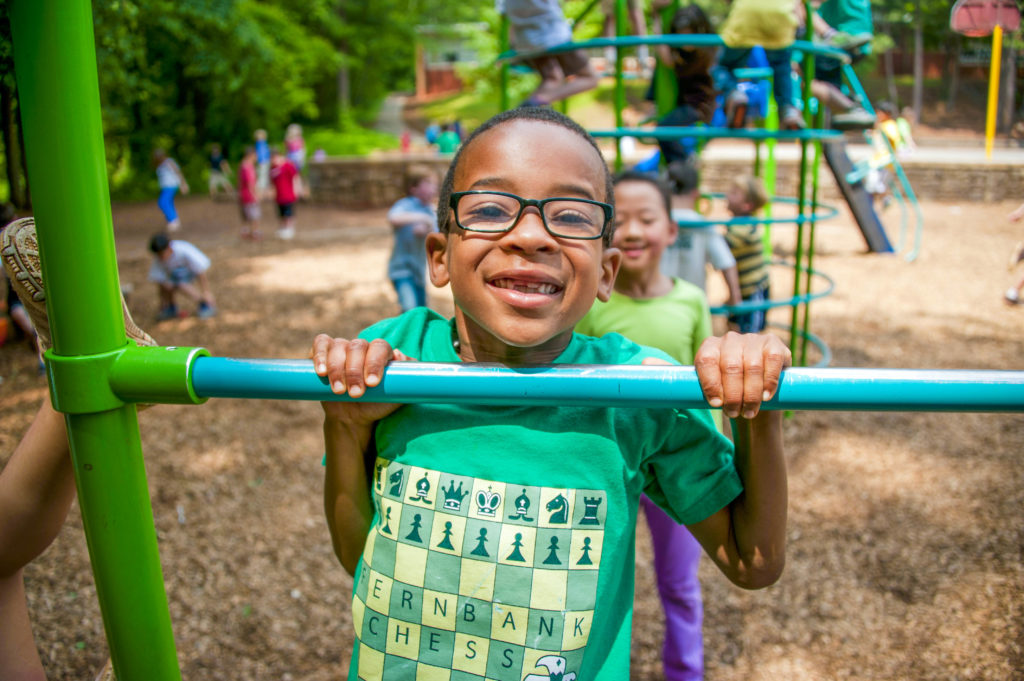Dr. Ellie Kazemi is the Chief Science Officer at Behavioral Health Center of Excellence (BHCOE), an accrediting organization focused on improving the quality of behavior analytic services. She is also a professor at CSUN, where she founded the M.S. in Applied Behavior Analysis (ABA) program. Dr. Kazemi joins us to share about the accreditation process and the importance of assessments and measuring outcomes in the field of ABA. As Dr. Kazemi discusses the value of connecting the perspectives of the families and the clients, and shares, “To measure outcomes you should see progress from different perspectives”.
For More Information:
All Autism Talk is sponsored by Learn Behavioral.








